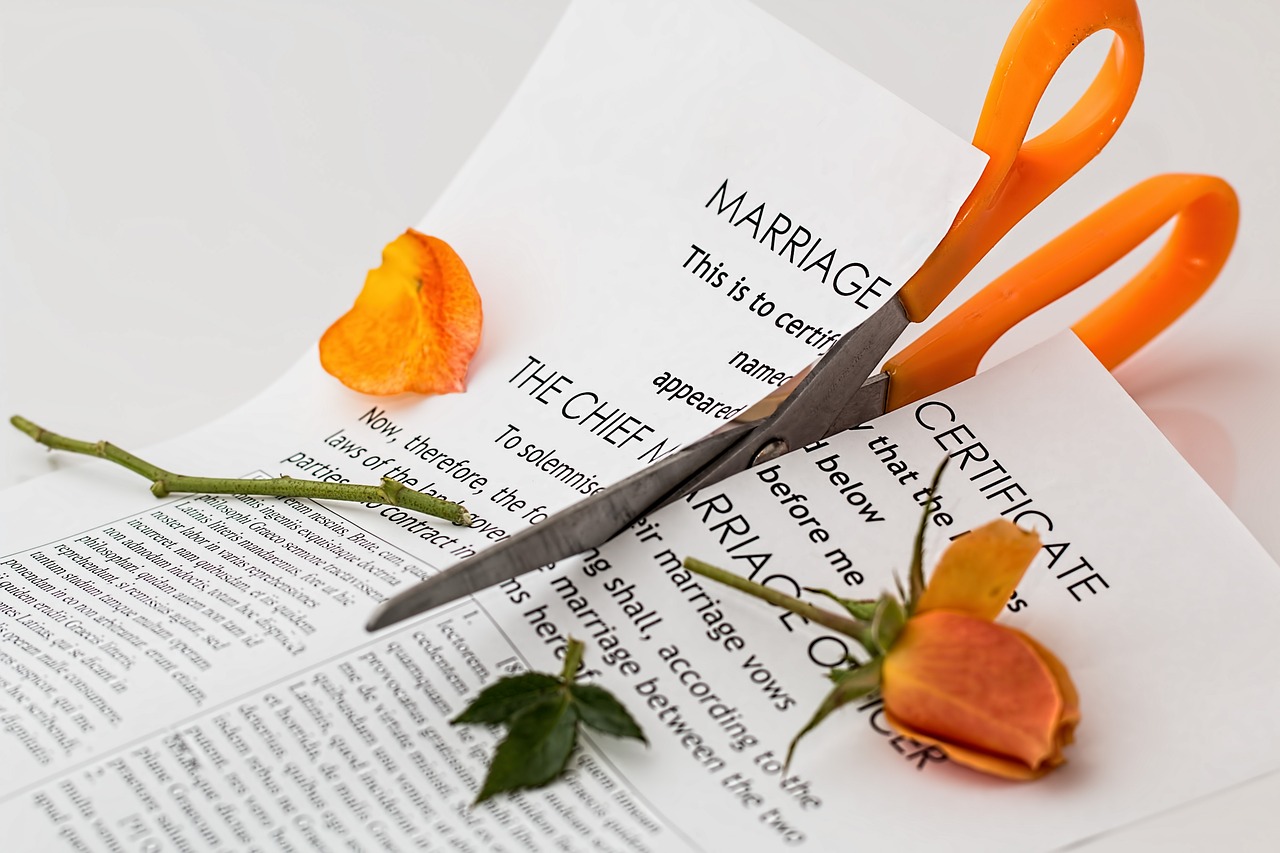Now Reading: Ordering Cannabis Seeds Abroad: Understanding the Legal Landscape
-
01
Ordering Cannabis Seeds Abroad: Understanding the Legal Landscape

Ordering Cannabis Seeds Abroad: Understanding the Legal Landscape
The global cannabis market has expanded rapidly over the past decade, not only in terms of legalization but also in consumer interest. From recreational enthusiasts to medical patients and collectors, cannabis seeds have become an attractive purchase for many. However, when it comes to ordering seeds from abroad, especially from Europe, questions of legality and risk remain central for potential buyers.
Cannabis Seeds and the Law
Cannabis regulation is a patchwork system that differs from one country to another. In the United States, cannabis remains federally classified as a Schedule I substance under the Controlled Substances Act. This classification creates significant restrictions on cultivation, possession, and distribution. However, several states have legalized cannabis for medical or recreational purposes, creating a complex intersection of state and federal laws.
Seeds occupy a particularly grey area. In many jurisdictions, cannabis seeds themselves are not psychoactive and may be sold as collector’s items or souvenirs. Yet once germinated, they become the basis of cannabis cultivation, which can trigger legal consequences in places where cultivation is prohibited. This dual nature makes the legality of seeds highly context-dependent.
Risks of Ordering Seeds Internationally
For American consumers browsing European seed banks, the appeal is obvious: Europe has a long tradition of cannabis breeding, offering strains with diverse genetics and unique characteristics. However, ordering cannabis seeds from abroad carries specific risks:
- Customs Seizures: Packages arriving from Europe may be intercepted by U.S. Customs and Border Protection. Confiscation is common, and in rare cases, this can trigger legal complications for the buyer.
- Legal Uncertainty: While some states allow cannabis cultivation, federal law still prohibits the importation of seeds. This discrepancy means that even individuals living in legal states face potential issues when ordering from overseas.
- Financial Risk: Beyond legal implications, there is also the financial risk of losing the purchase altogether if the package never makes it past customs.
These risks underline why consumers are increasingly cautious about ordering directly from European sellers.
Domestic Alternatives to International Purchases
Given the challenges of importing seeds, many buyers turn to domestic options. U.S.-based seed banks and dispensaries are becoming more common in states with legalized cannabis markets. These sellers can offer quality products without the added risk of international shipping.
However, for those specifically seeking European genetics, renowned for decades of selective breeding and innovation, domestic sources may feel limited. This has created demand for trusted sellers that can bridge the gap between European expertise and U.S. accessibility.
Zamnesia: A Risk-Free Solution
One notable option is Zamnesia, a respected European seed bank that has established itself as a leader in the industry. What makes Zamnesia particularly appealing for American customers is the fact that it operates its own U.S. warehouse.
This means that buyers can access the wide variety of European cannabis genetics without taking on the legal and logistical risks associated with importing directly from abroad. Orders are shipped domestically within the United States, reducing the chances of customs issues while still offering the high-quality strains that Europe is known for.
For consumers who want the best of both worlds, European expertise and American convenience, this model provides a practical and safe solution.
The Importance of Due Diligence
While platforms like Zamnesia make the process easier and safer, it remains essential for buyers to understand their local laws. What may be perfectly legal in one state could be a criminal offense in another. Before purchasing, individuals should check state regulations on seed possession, cultivation, and use.
Additionally, buyers should keep in mind that federal law continues to apply nationwide. Although enforcement is not always a top priority in states with legal cannabis, the legal risks are not completely absent. Exercising caution and staying informed remains key.
Conclusion
Ordering cannabis seeds abroad can seem like a straightforward way to access Europe’s renowned cannabis genetics, but the legal reality is far more complicated. Customs risks, federal prohibitions, and financial losses make direct international purchases a gamble. Fortunately, companies like Zamnesia, which maintain a U.S. warehouse, offer a safer route by combining European breeding excellence with domestic distribution.
For consumers, the takeaway is clear: research your state’s laws, weigh the risks, and choose reputable suppliers who can provide both quality and peace of mind. In an industry as complex as cannabis, caution and knowledge are the best tools any buyer can have.










